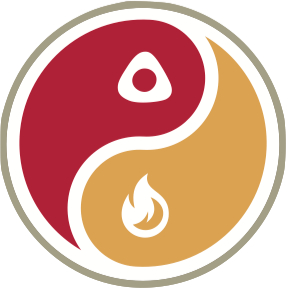On lard (from Gary Taubes)
I recently misremembered these figures when talking to friend, so I’m setting the record straight.
“Take lard, for example, which has long been considered the archetypal example of a killer fat. It was lard that bakeries and fast-food restaurants used in large quantities before they were pressured to replace it with the artificial trans fat that nutritionists have now decided might be a cause of heart disease after all. You can find the fat composition of lard easily enough, as you can for most foods, by going to a U.S. Department of Agriculture website called the National Nutrient Database for Standard Reference. You’ll find that nearly half the fat in lard (47 percent) is monounsaturated, which is almost universally considered a “good” fat. Monounsaturated fat raises HDL cholesterol and lowers LDL cholesterol (both good things, according to our doctors). Ninety percent of that monounsaturated fat is the same oleic acid that’s in the olive oil so highly touted by champions of the Mediterranean diet. Slightly more than 40 percent of the fat in lard is indeed saturated, but a third of that is the same stearic acid that’s in chocolate and is now also considered a “good fat”, because it will raise our HDL levels but have no effect on LDL (a good thing and a neutral thing). The remaining fat (about 12 percent of the total) is polyunsaturated, which actually lowers LDL cholesterol but has no effect on HDL (also a good thing and a neutral thing).
“In total, more than 70 percent of the fat in lard will improve your cholesterol profile compared with what would happen if you replaced that lard with carbohydrates. The remaining 30 percent will raise LDL cholesterol (bad) but also raise HDL (good). In other words, and hard as this may be to believe, if you replace the carbohydrates in your diet with an equal quantity of lard, it will actually reduce your risk of having a heart attack. It will make you healthier. The same is true for red meat, bacon and eggs, and virtually any other animal product we might choose to eat instead of the carbohydrates that make us fat. (Butter is a slight exception, because only half the fat will definitely improve your cholesterol profile; the other half will raise LDL but also raise HDL.)”
From Gary Taubes in Why We Get Fat: And What to Do About It (emphasis mine).
